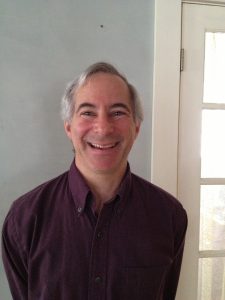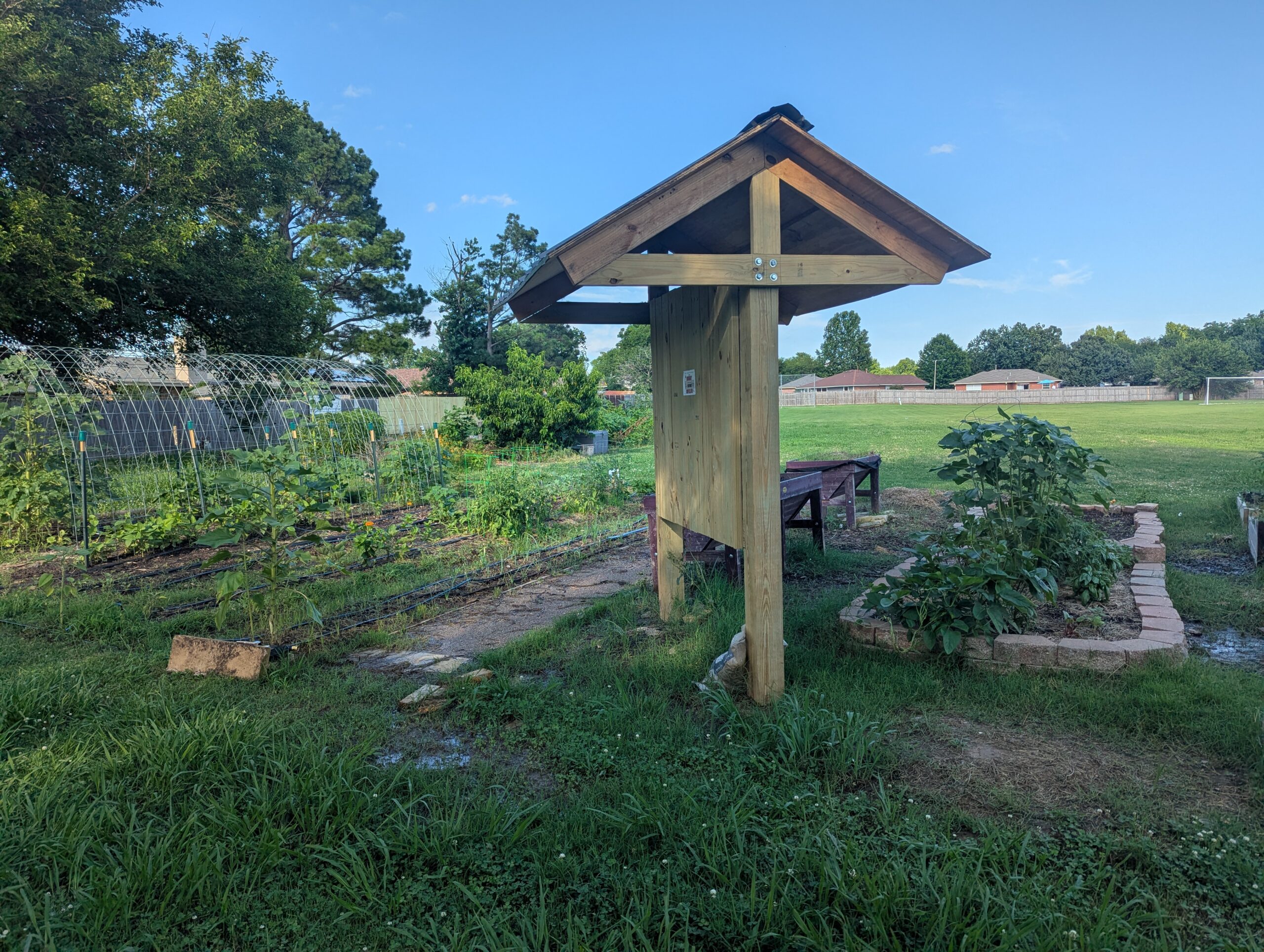AHA members are involved in all fields of history, with wide-ranging specializations, interests, and areas of employment. To recognize our talented and eclectic membership, AHA Today features a regular AHA Member Spotlight series.
Alan Berolzheimer is managing editor at the Vermont Historical Society (www.vermonthistory.org) and an assistant director at The Flow of History, a history education network in the Connecticut River Valley of VT and NH (www.flowofhistory.org). He lives in Norwich, Vermont, and has been a member since 1990.
 Alma maters: BA, Dartmouth College, 1979; MA, University of Virginia 1990; PhD, University of Virginia 1996
Alma maters: BA, Dartmouth College, 1979; MA, University of Virginia 1990; PhD, University of Virginia 1996
Fields of interest: US social, US economic, New England, 20th century
What projects are you currently working on?
My work as a history educator is ongoing. Currently I am wrapping up a couple of primary source study groups for K–12 teachers and planning two place-based summer institutes. Wearing my editor’s hat, the Vermont Historical Society has just published a deeply researched historical novel about a 19th-century spiritualist and medium. Projects under consideration include a guidebook to the natural and cultural history of Vermont’s most popular state park, an examination of the Italian Anarchist community in Barre, and the early transportation history of the Upper Connecticut River Valley. In the past 5 years we have published books about a lesser-known Founding Father of Vermont, the problem of slavery in early Vermont, episodes from the state’s legal history, and Vermont’s Civil War photographer.
Have your interests evolved since graduation? If so, how?
Yes. While I specialized in 20th-century US history, I always considered myself a generalist. That background prepared me well to take advantage of the job opportunities that have come my way as a public historian focusing on the history of Vermont (and New Hampshire secondarily), the local history of communities in the Upper Connecticut River Valley, and best-practice pedagogy.
What do you value most about the history profession?
Historians are well positioned, perhaps uniquely positioned, to help communities develop social capital and resilience, which in turn are critical to meeting the challenges of the 21st century.
Why have you continued to be a member of the AHA?
Because I value the work the AHA does to promote the profession and the interests of its members, and because I appreciate being able to keep up with current scholarship by reading the journal.
Other than history, what are you passionate about?
Effecting the transition to a society powered by renewable energy; social justice politics; gardening; foraging in the woods for edible mushrooms.
This post first appeared on AHA Today.
This work is licensed under a Creative Commons Attribution-NonCommercial-NoDerivatives 4.0 International License. Attribution must provide author name, article title, Perspectives on History, date of publication, and a link to this page. This license applies only to the article, not to text or images used here by permission.



